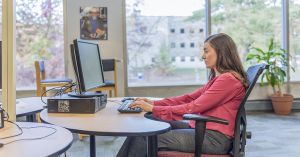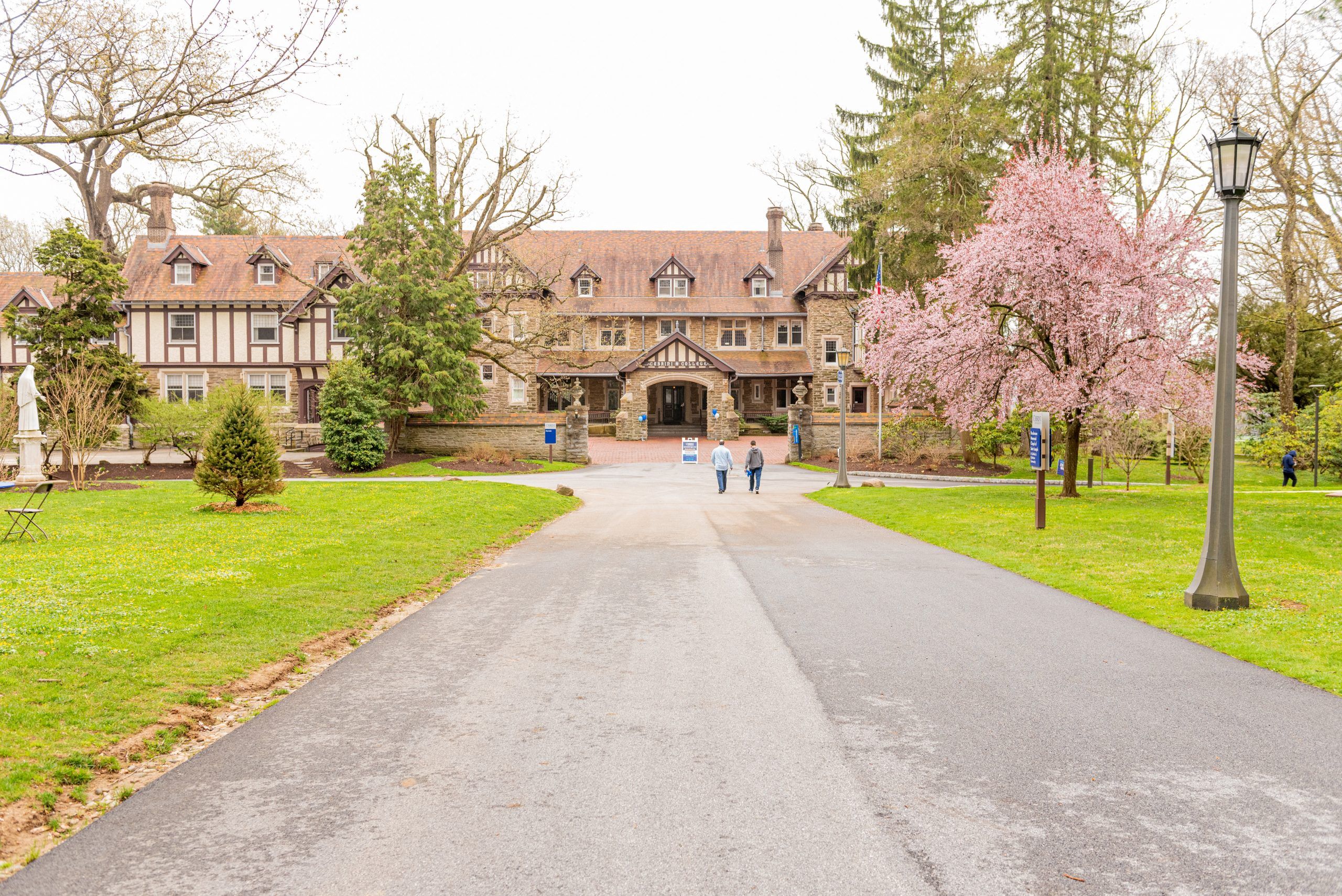This time of uncertainty has caused college students across the world to make a difficult decision. Do they slog through another year of online learning, or live on campus at the risk of it closing and switching back to online only classes?
With the Covid-19 pandemic still dragging on and the uncertainty surrounding the Delta variant, students and parents have concerns for the upcoming school year. They are especially worried that this new variant could lead to the closure of campuses and the resumption of online classes. As a result, some college students nationwide, including Cabrini students, have decided to stay at home and take classes online to avoid the potential frustration of in-person classes being halted again.

For Cabrini students, this choice has been especially hard. There have been no official announcements from the university’s COVID-19 Task Force regarding a potential pause of in-person classes. In order to get a better understanding of what the school’s plans are for this issue, I asked Dr. Stephen Rupprecht, head of the Covid Task Force at Cabrini, too shed some light on the issue.
He assured that the school plans to have students on campus for as long as possible, and that the school will not immediately close in the face of an outbreak. In the words of the Task Force, “A COVID-19 outbreak at Cabrini would resemble a greater-than-anticipated increase in the number of COVID-19 cases that cause us to not have the capacity to provide the proper supports for our students and employees.” Like last year, those infected would quarantine on campus or at home, without the entire school moving to an online modality. Much like in spring of 2020 when the campus closed, students facing housing insecurity would still be able to stay at Cabrini.
If classes are to return to an online format, he said that “[Cabrini will prioritize] any changes to our operations that have the most minimal impact on our students and employees and will maintain resources for students as much as we are able.” For example, residence halls and dining services would remain open.
Rupprecht said that there would only be two reasons for campus too close and for students to move back home. The first is if there is a (state or federal) government mandate forcing schools to close. The second is if there is a massive spike in cases in both the student and faculty population that would require the school too close. “An example of this could include an inability to feed our resident students due to a large number of infected Sodexo employees,” he said.

Even if the student body was forced to move back home, courses and other resources, such as appointments with the MRC and DRC, would resume online. He expressed confidence that the school would not shut down and not be able to provide classes or resources at all under any COVID-19-related circumstances.
Despite these unpredictable times, Rupprecht is confident that Cabrini can overcome any obstacle regarding the pandemic. “Our students and employees demonstrated great flexibility and resilience during and since this unexpected transition,” Rupprecht said.



